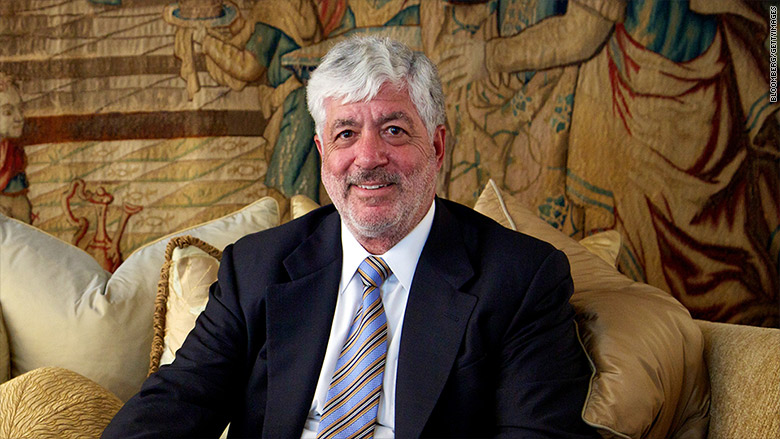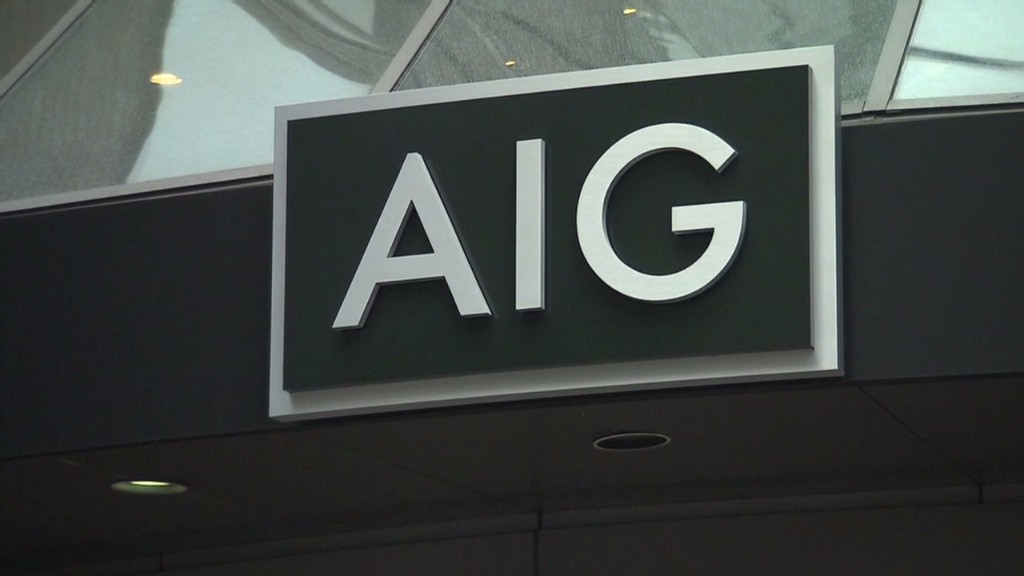
Robert Benmosche, who ran insurer AIG in the wake of its federal bailout, has died after a long illness.
Benmosche, 70, had undergone treatment for cancer since 2010, according to a statement from AIG. He died at a New York hospital Friday morning with his family at his side, according to the statement. He had left the company in August due to his terminal cancer diagnosis. A statement from his family referred to his "streetwise self-confidence."
AIG was bailed out by the federal government in September 2008 due to fears that its bankruptcy would bring down many major Wall Street banks that were already struggling in the financial meltdown at the time. It was one of the most expensive bailouts of the financial crisis. A total of $152 billion in taxpayer money was used to save the company.
Benmosche was a brash and often controversial figure during his time in charge of AIG. A former CEO of MetLife (MET), he was recruited out of retirement to run the then government-owned insurer in August 2009, about a year after the bailout. He negotiated a $10.5 million a year pay package, but still complained about government limits on executive pay. At one point Benmosche threatened to quit due to the pay limits. One of his first moves in the job was to take a two-week vacation to his summer house in Croatia.

His actions and statements prompted members of Congress to call for his removal. He was referred to as America's most tone-deaf CEO in the media, including by CNNMoney. But he did help turn around the company to make it profitable once again and oversaw the sale of some of its assets that eventually netted taxpayers a nearly $23 billion profit on the rescue.
But even after the government sold off the last of its shares, Benmosche remained a controversial and polarizing figure. In 2013, he said that public criticism of AIG's bonuses in the wake of the financial crisis was "just as bad" as lynchings during the battle over civil rights. He subsequently apologized for that remark.
-- CNNMoney's David Goldman contributed to this report

